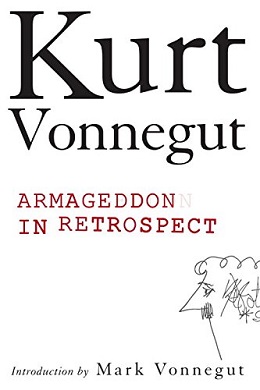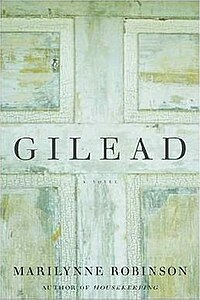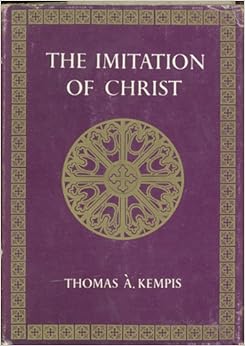For a while I've been thinking about the merits of
imitatio Christi and
participatio Christi as paradigms for speaking of the Christian life. More and more I'm compelled to think the latter must make sense of the former, else we're presuming to
reproduce that which we can only
be transformed by.
So it is with interest that I picked up Thomas
à Kempis'
The Imitation of Christ last week in order to see if it's a theological friend or foe. (I wouldn't come to as brunt a conclusion as that, but you know what I mean). It has been over a decade since I read it, and as I've thought about the above it has been on my mind to go back and see what kind of nuance it gives to the life that it describes.
Thus far it has been an arresting experience for a number of reasons, not least of which being that it's one more encounter with that
great cloud of witnesses where one's outlook gets checked by the
democracy of the dead. For me, reading a 15th century Christian mystic is about as different as it gets, and so it brings about a confrontation wherein I can learn as much about myself as I can about the Other.
What has jumped out off the page at me early on is the context surrounding
The Imitation of Christ's most famous quote. It's in book 1 chapter 3, and it has more to it than I remembered or noticed before. You've probably heard verse 4 before, which says:
'The humble knowledge of one's self is a surer way to God than a deep search after knowledge.'
There's plenty going on in this sentence---enough that I've had occasion both to ruminate over and balk at it over the years. On one hand, yes, humble self-knowledge is hugely important. Experience has only borne this out for me. On the other hand, however, the statement itself seems to lean disturbingly into anti-intellectualism and over-confidence. In my experience it is platitudes like this that provide support for all kinds of projections being thrust upon the divine (and then upon others) on the basis of private intuition.
However, what I'm remembering as I read this text is that, like the biblical Proverbs,
The Imitation of Christ reads better when the one-liners work in tension with one another, rather than as proof-texts for whatever we want to say.
In fact, as it turns out, there's plenty in the preceding verses (2 and 3) to give that (in)famous quote its proper depth and texture. Such as:
'He to whom the eternal Word speaketh, is set free from a multitude of opinions.'
'A pure, simple, and steadfast spirit is not distracted by the number of things to be done; because it performs them all to the honour of God, and endeavours to be at rest within itself from all self-seeking.'
'And these do not draw him to the desires of an inordinate inclination; but he himself bends them to the rule of right reason.'
'Who has a stronger conflict than he who strives to overcome himself?'
'All perfection in this life is attended with a certain imperfection, and all our speculation with a certain obscurity.'
That's right before we come to our famous line. By then it should be clear that there's simply no room for arrogant self-projection or anti-intellectual self-righteousness.
It is evident from the rest of book one that Thomas
à Kempis was
as worried about the prideful power of the learned in his time as I might be
about the vain projection of the privately pious in mine.
But at the intersection of our times we are forced to look past our reactions to the heart of the text and to see if there's something more constructive going on. And as I read this book it seems to me that if I were to express my concern to him Thomas
à Kempis might happily adopt my counterpoint as a complement to what he's said. Namely:
A humble search after knowledge
is a surer way to
God than a deep knowledge of one's self.
In other words, this is not about the exaltation either of private piety
or of advanced reason as a
way to God; it is about having these freed from the vanity of ingrown pursuits for the humble receptivity of reflective participation in the life of Christ with others.




